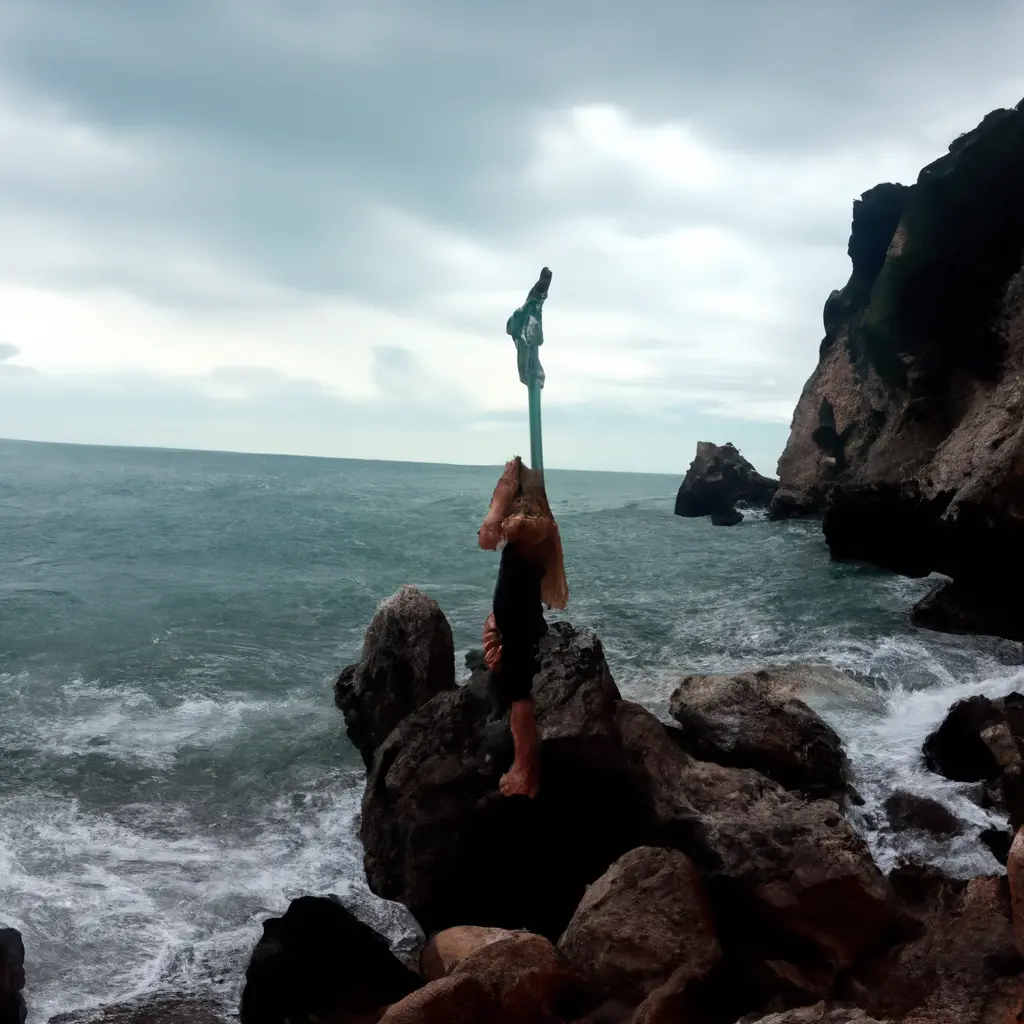Challenges for Montenegro from the arrival of Russian migrants

In the first three months of this year, more than 64,000 Russian citizens registered residence of up to 90 days in Montenegro, the Interior Ministry told Radio Free Europe (RSE). That's more than 10% of the total population. About 620,000 people live in Montenegro.
In addition, more than 21,000 Russians have already received temporary, extended or permanent residence permits. Demographer Miroslav Doderovic points out Montenegro's limited capacity to integrate such a large population: "This is a kind of challenge to our identity, political and economic sovereignty. "
Slobodan Medojevic of the Dukljanska Academy of Sciences and Arts says large migrations affect smaller countries the most: "Montenegro is one of the smallest in Europe, so the consequences of sudden and large migrations on its economic, infrastructural and cultural sector are much greater than in other places. "
Besides the demographic aspect, however, there is the question of whether sharp migrations could affect Montenegro's visa-free regime with the European Union and security, which was warned against from Brussels late last year.
Migrations as a demographic challenge for Montenegro
Doderovic emphasizes that the arrival of a significant number of foreigners puts Montenegro at risk from various influences: "Public politicians should consider that the arrival of such a large number of people poses a challenge to our domestic political and economic capabilities and leaves consequences from a cultural, linguistic and financial point of view. "
He believes that the state lacks the capacity, due to the poor economic situation, to cope with the challenges of such migrations. "We had experience in the 1990s with many migrants from the former Yugoslavia. It turned out that questions of citizenship, return, and influence on Montenegrin society remained. Our capacity to cope with such large populations is insufficient," says Doderović.
Medojevic, who deals with migrations, adds that they can become a serious problem if the state does not manage the process. "Montenegro's coastal cities are small and have limited infrastructure, so the rapid and large population growth challenges the sustainability of tourism, from which the coast lives.
5 May 2025
13 May 2025






When asked how Europe is dealing with the problem, Medojevic explains that we are talking about much larger and more numerous countries, on which the new wave of migration does not have such far-reaching effects. This is not a condition that will go away on its own, and the state must make some strategic decisions, Medojevic concludes.
Security does not depend on quantity, says Miljanic.
Minister without portfolio Zoran Miljanic tells RSE that previously many Russian citizens came because of business or tourism, but more recently because of fear of mobilization. He adds that Montenegro has always been a refuge for all those who seek escape from military events in their countries, and recalls the period of the collapse of the former Yugoslavia.
Miljanic does not think that a large number of migrants from Russia could mean a greater security risk: "Sometimes one person poses a greater security risk than 40,000 others." He notes that Montenegro has excellent cooperation with Europol, services of European countries and the region.
In a December report by the European Commission, Montenegro was warned of "security risks for the union" related to migration and visa policies for third countries. The same report states that Montenegro has "deviated from the recommended policy" in the last two years, as citizens of certain countries, including Russia and Belarus, do not require visas for short-term stays.
The Ministry of Foreign Affairs for the RSE says the large number of Russian migrants cannot negatively affect the Schengen agreement between Montenegro and the EU "because they are in Montenegro in accordance with the law and do not use the visa regime for transit to EU countries".
How to live in Montenegro without a visa?
Although a visa is required for Russians to stay in Montenegro for an extended period of time, in practice they are actually necessary. Many people, after the 30 days they can spend in the country without a visa expires, leave Montenegro temporarily, sometimes only long enough to grab a coffee in one of the border towns. Upon return, often on the same day, a new 30-day period without a visa begins, as the Police Directorate confirms: "The agreement (with Russia on mutual travel) does not provide for a restriction of total stay on the territory of Montenegro during a certain period. "
The majority of migrants come to the coast, with Budva, Bar and Herceg Novi ahead. Apartment rents in these cities have risen significantly due to the large number of foreigners who are renting properties. Along with traffic jams, lack of parking, lack of kindergartens and schools, one of Budva's main schools is planning to open seven more classes next year.
Comment
Popular Posts
Popular Offers

Subscribe to the newsletter from Hatamatata.com!
Subscribe to the newsletter from Hatamatata.com!
I agree to the processing of personal data and confidentiality rules of Hatamatata








